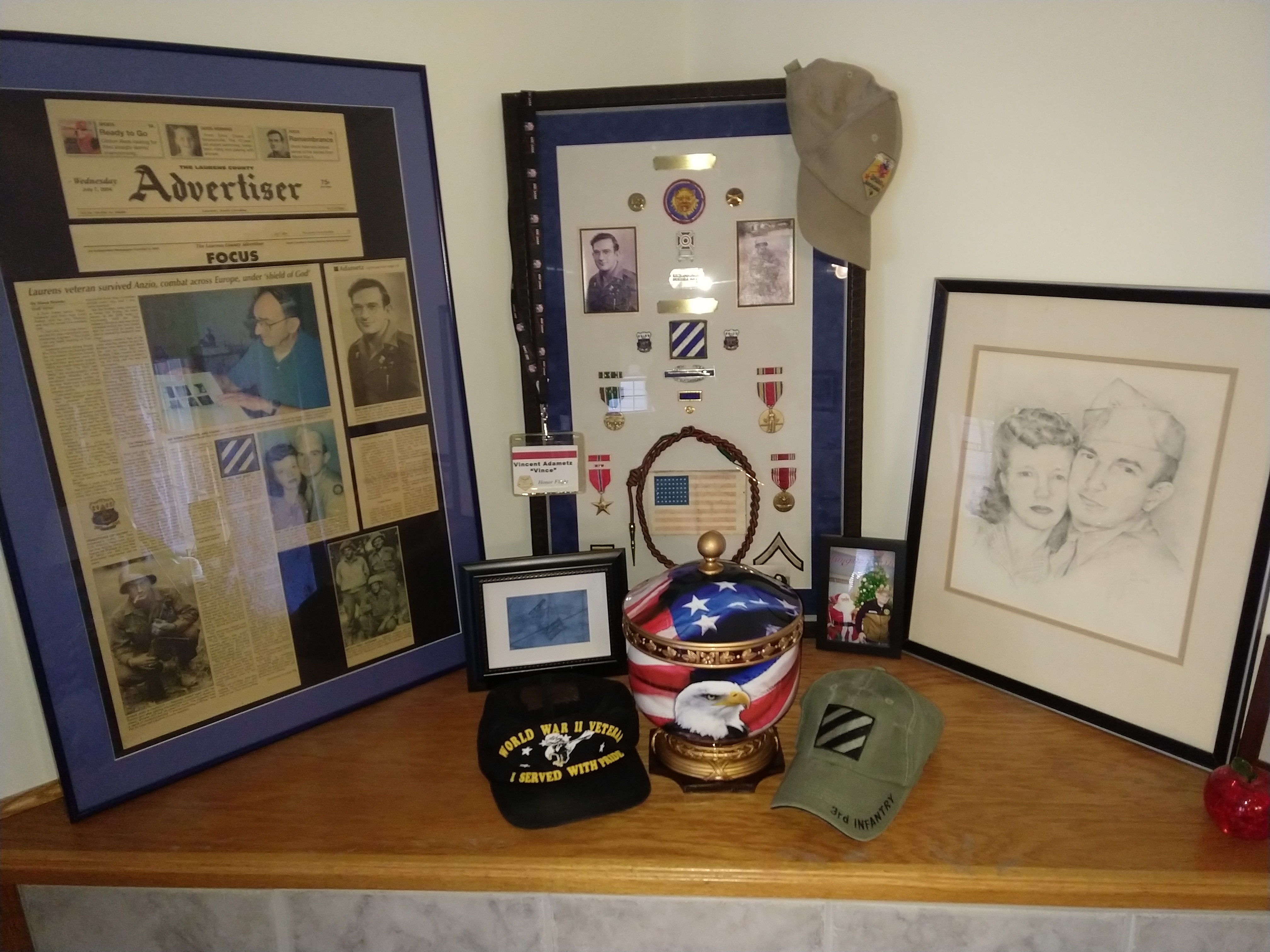Transitions are special times. Dawn and dusk, when the world changes between night and day. The change of seasons, when the world changes between green and brown. The day your advanced-in-years cared-for moves out of the house, and everything changes.
Conventional wisdom is that people should stay in their homes for as long as possible, but there may come a point when, all things considered, that’s no longer the best option. When that happens, a transition is necessary.
I wrote in Caregiver Thoughts #9 about selecting a new home. Once that’s done, it comes down to execution.
Like any move, it starts with what to take and what to leave behind. Moving from a house to an assisted-living home (somehow the term “facility” just doesn’t work for me) will likely involve leaving a lot behind. If there’s not a lot of distance involved, this is a lot easier, as you can always swap things back and forth as necessary.
While the move might be accomplished in a day, the transition will take much longer. It’s a project. While you will have sorted out the major items (room, medications, schedules, etc…) pretty quickly, there will be a million little things that will only show up after the move. It’s just impossible to identify every little thing that needs to be taken along or left behind or changed. The important thing is to expect this.
Probably the biggest thing will be adapting to new routines. The cared-for will need to learn how things work at their new home: when are the meals, meds, what activities go on, how to get assistance, what’s this thing I’m supposed to eat? etc… The caregiver will need to take over things that the cared-for might have been taking care of around the house, adjust to making visits to the new home, work out how to stay in touch, provide those things that the new home doesn’t.
The caregiver’s role will change, but not really diminish. While I’m not as concerned now about being there every day to dispense meds, or having to jump out of bed in the night or rush off from work to handle some urgent issue (there are professionals there now 24×7 who can handle those immediate things), I am taking a larger role on the financial and paperwork side. Of course, I’m still my cared-for’s patient advocate, attend all medical appointments, keep up with what meds are for what, etc…
As patient advocate, it’s also important to coordinate with the home’s medical staff. Any notes I take from a doctor’s appointment need to be forwarded on along with any specific doctor’s orders. Everybody needs to have the appointment schedule, especially if the home will be providing any transportation.
I think it’s important to set expectations at the outset. It’s probably not going to be practical to visit in person for hours every day, so take a shot at what’s doable and work towards that. Having electronic communications can help to fill in any gaps there. While staying fully in “the loop”, I think it’s in everyone’s best interests to push as many routine things onto the home’s staff as practical. The staff is there 24×7, and if they can provide a favorite food, that’s one less thing that’s subject to disruption if I get diverted.
A lot of “givens” will need to be tossed overboard. Just because something was done a certain way, or in a certain sequence, when cared-for and caregiver were living together doesn’t mean that’s now the best way to handle those things. This can leave both feeing a bit lost as that structure evaporates, and before a new pattern begins to settle in. You just have to keep going, get done what needs to be done, and see how things play out. Keeping a to-do list (at least for the caregiver) can be handy, as it gathers in one place all those things that needs to be sequenced.
Right now we’re in the middle of the northern hemisphere winter, but I know we’ll be transitioning to spring soon. The only thing that doesn’t change is change.

